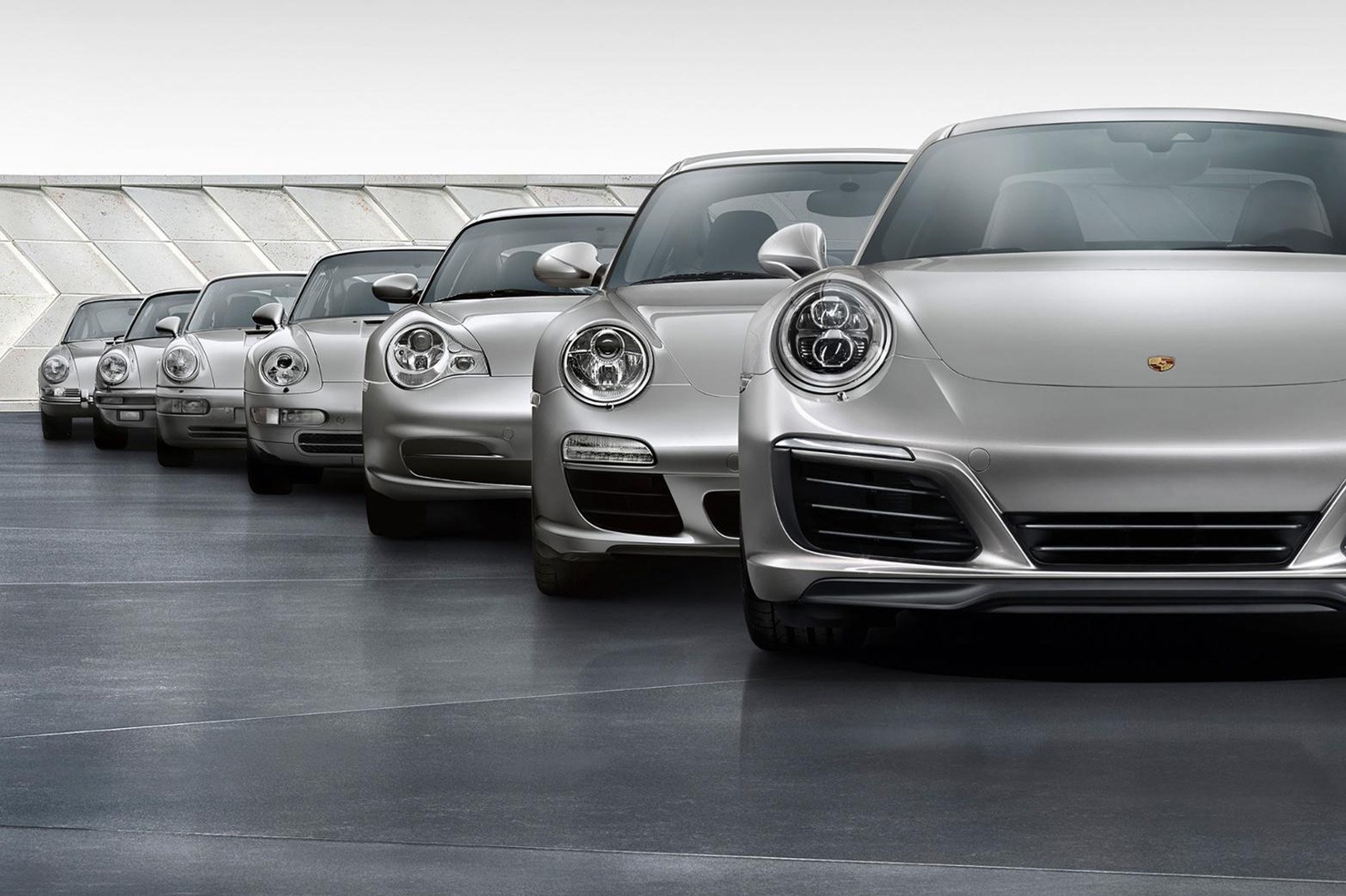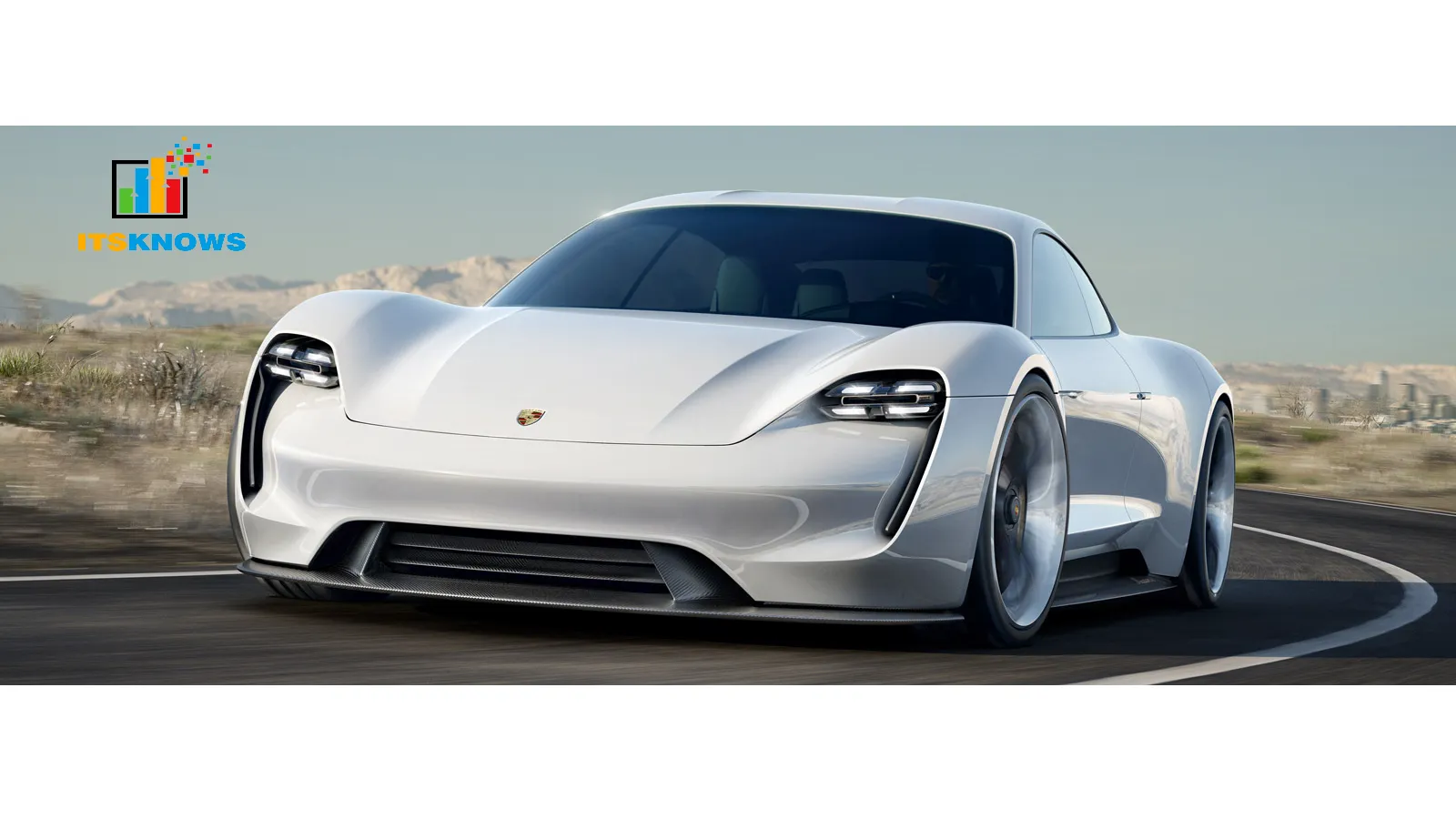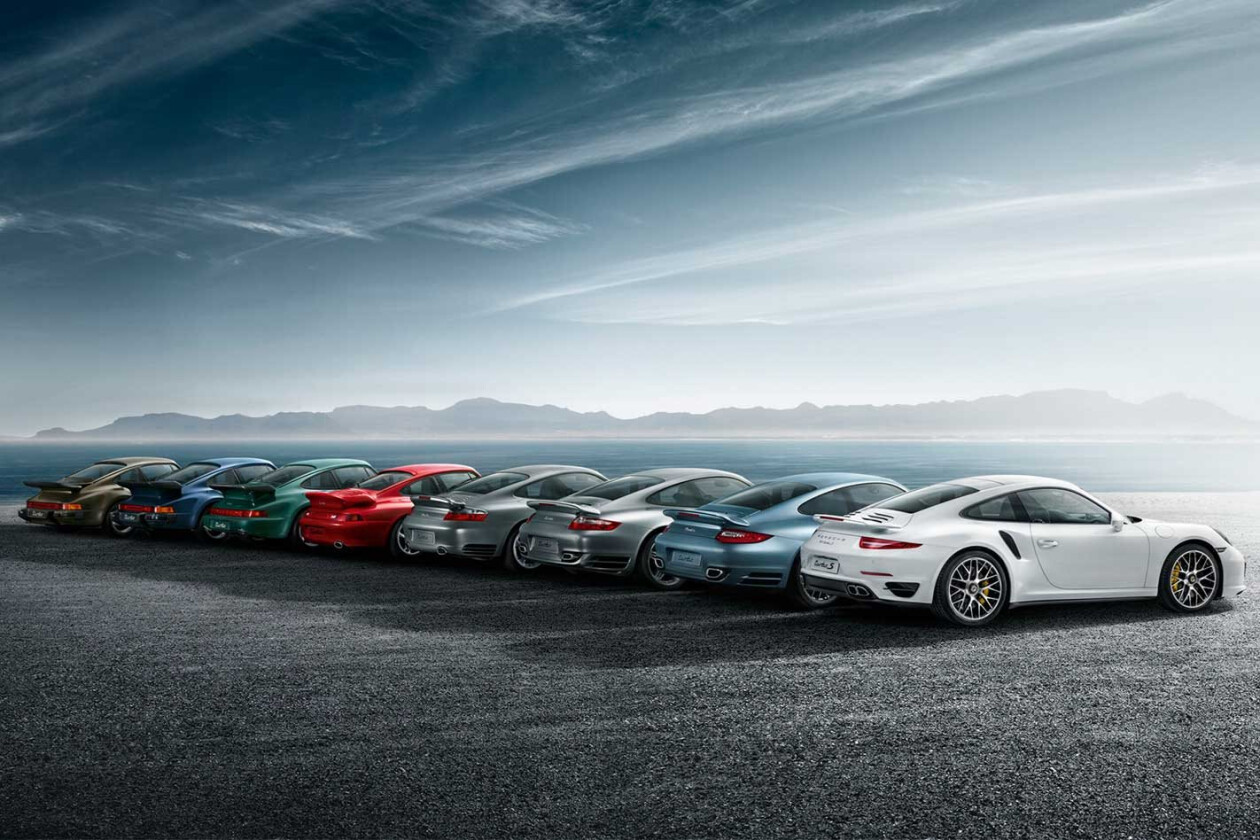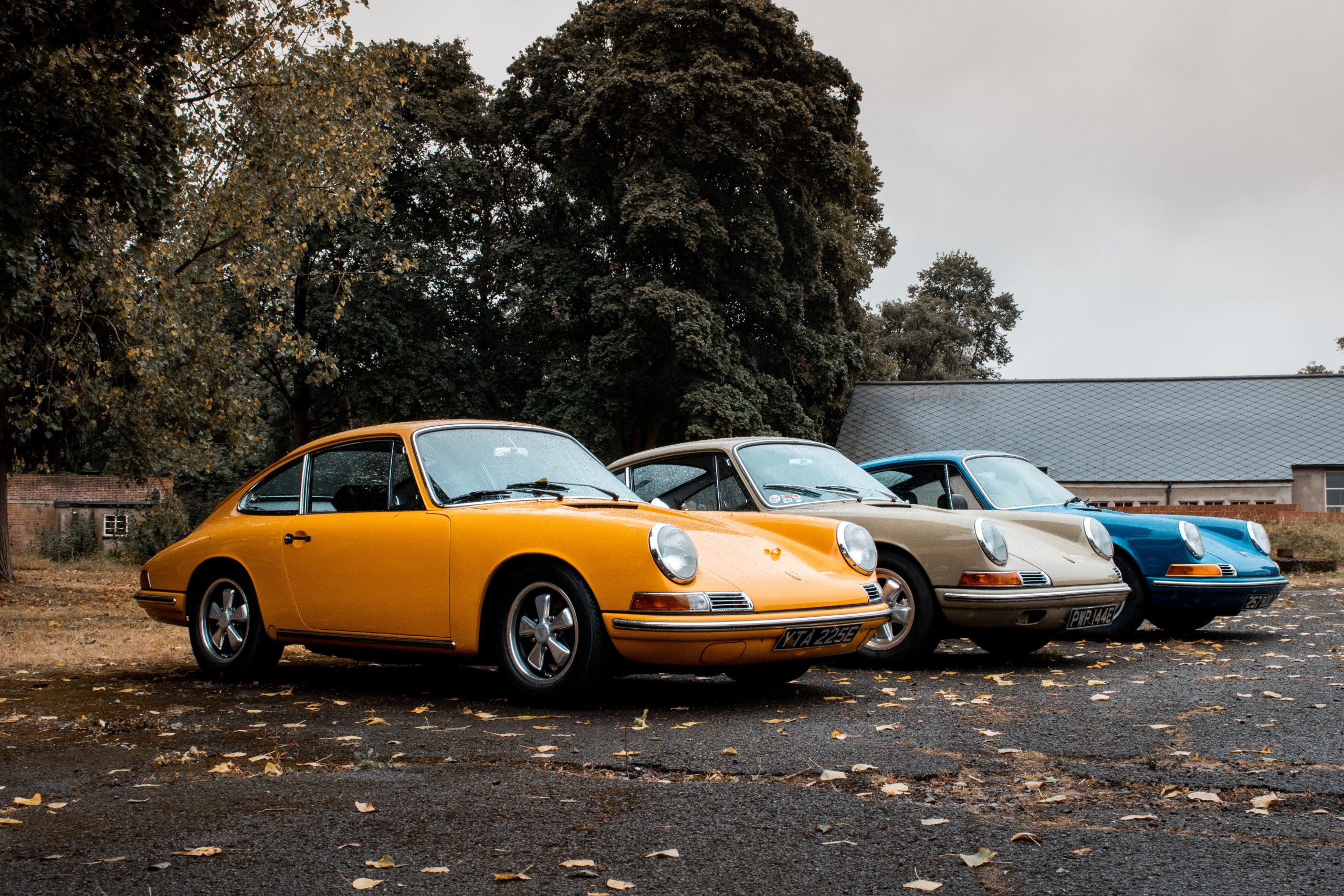Who Owns Porsche Now? A Deep Dive Into Ownership And History
Share

Porsche, a name that evokes passion and performance, has a rich history that continues to fascinate automotive enthusiasts around the globe. The venerable German manufacturer is known for its iconic 911 models as well as its lineage of luxury sports cars. But the question remains: who owns Porsche now? This post will explore Porsche's ownership structure, its historical context, and its significance in the automotive world.
The Ownership Structure of Porsche
Currently, Porsche AG is part of the Volkswagen Group (VW Group), one of the largest automotive manufacturers in the world. The ownership structure is quite complex due to the intertwining of two powerful entities: Porsche SE and Volkswagen AG.
Porsche SE, a holding company controlled by the Porsche and Piëch families, holds around 53% of the voting shares of Volkswagen AG. This means that while Volkswagen operates as a separate entity, the influence of the Porsche family is still very much alive in the oversight of VW Group's brands and operations.

Historical Context of Ownership
To understand how Porsche’s ownership has evolved, we must take a look back at its origins. Founded in 1931 by Ferdinand Porsche, the company began as a vehicle development firm. The Porsche 356, developed in collaboration with Ferdinand's son, Ferdinand "Ferry" Porsche, was the first car to carry the Porsche name, launching in 1948. The success of the 356 set the stage for the legendary Porsche 911, which debuted in 1964 and has since become an automotive icon.
In the early 2000s, Porsche faced financial challenges, leading to a strategic decision to increase its stake in Volkswagen, which initially allowed Porsche to implement sports car technology within a broader range of vehicles. The financial crisis in 2008 complicated the relationship further, ultimately leading to Porsche being acquired by Volkswagen AG in 2012, after a tumultuous series of corporate maneuverings.
The Interplay Between Porsche and Volkswagen
VW Group oversees several prestigious automotive brands, including Audi, SEAT, Škoda, Bentley, Bugatti, Lamborghini, and, of course, Porsche. However, Porsche maintains its identity and has a substantial degree of operational autonomy. The remarkable symbiosis between the two brands has led to advanced engineering and development in both the performance and luxury segments.
This interrelationship enables Porsche to benefit from VW's resources while maintaining its focus on performance. For instance, technology transfer between the brands has led to the inclusion of cutting-edge features in their vehicles, such as advanced driver-assistance systems and hybrid technologies.
What Does the Future Hold?
As we look into the horizon, the importance of understanding who owns Porsche extends past simple ownership stakes. The automotive industry has been shifting towards electric vehicles (EVs) and sustainable energy solutions. With Porsche’s recent launch of the Taycan, its first fully electric sports car, the manufacturer is making significant strides toward electrification. The strong backing from Volkswagen allows for the necessary investment in research and development for future technologies, shaping the path for the next generation of Porsche vehicles.

Porsche’s Economic Impact
Porsche has a notable impact on the global economy, especially in Germany where it serves as a cornerstone of the auto manufacturing sector. The brand's well-known models such as the 911, Macan, and Cayenne generate considerable revenue for both Porsche itself and for its parent company, Volkswagen.
The automotive market is competitive, and brand loyalty for Porsche tends to be high among enthusiasts. This loyalty is partly due to the brand’s exceptional customer service and its commitment to delivering high-performance vehicles. In turn, this fosters continued investment in their more extensive EV initiatives, contributing to job stability and economic growth.
The Passion of Porsche Enthusiasts
The ownership of Porsche extends beyond the corporate realm; it also encompasses a devoted community of fans and enthusiasts who take great pride in their vehicles. From spirited Porsche Club gatherings to race events, these fans embody the brand's values of performance, precision, and innovation.
The passion for Porsche runs deep, making it a living brand. Today, you will find numerous modifications, restorations, and customizations available to owners looking to add their personal touch to these iconic vehicles, further enhancing the relationship between the owner and the brand.

Conclusion
So, who owns Porsche now? The answer is multifaceted. The Porsche brand lives under the umbrella of Volkswagen AG, heavily influenced by the Porsche and Piëch families through Porsche SE. As the automotive landscape rapidly transforms, the ownership structure will likely continue to evolve, but one thing remains certain: Porsche will maintain its key identity as a manufacturer of high-performance sports cars and luxury vehicles.
For enthusiasts, understanding who owns Porsche adds another layer of appreciation for the brand's storied legacy, its current lineup, and its future direction. Whether you are a collector or just someone who enjoys a weekend drive, knowing the roots and present ownership of Porsche allows for a deeper connection to these magnificent machines.

For those considering the purchase of a Porsche or currently owning one, it’s clear that this brand not only holds historical significance but also a profitable future within the ever-evolving automotive industry. As new models are unveiled and innovations take flight, Porsche enthusiasts can look forward to an exciting journey ahead.